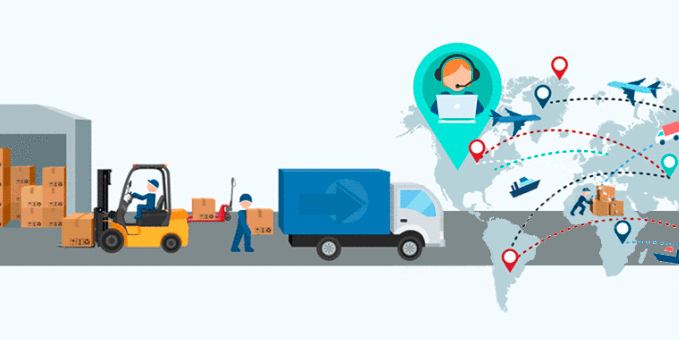Logistics plays a vital role in the supply chain, encompassing everything from product manufacturing to customer delivery. It’s not just about moving goods; it involves storage, handling, order preparation, and ensuring timely, accurate delivery under agreed-upon conditions.
The goal is to optimize costs associated with sourcing and distributing goods. Effective logistics management can reduce transportation and storage expenses through strategies like packaging reduction, consolidated deliveries, and streamlining processes to minimize both costs and delivery times.
Beyond transportation, logistics is about meeting customer needs and ensuring products reach their destination efficiently. The pandemic highlighted the importance of logistics, as it became clear that without it, essential goods wouldn’t reach consumers.
While logistics and transportation may not always be in the spotlight, their significance for competitiveness cannot be overstated. The rise of e-commerce has further emphasized this, presenting new challenges and opportunities for the industry.
E-commerce has transformed the supply chain, necessitating efficient processes for storing, preparing, and delivering orders to meet the demands of digital consumers. This has led to a shift towards multi-channel delivery, with logistics companies adapting to meet the needs of professional consumers, individuals, stores, and other end recipients.
To keep up with the demands of e-commerce, logistics companies are embracing digitization. Technologies like Big Data, Artificial Intelligence, and robotics are revolutionizing traditional logistics practices, improving efficiency and customer service.
While many companies are still in the early stages of digitization, it’s clear that embracing technology is essential for staying competitive. By investing in digital solutions, logistics companies can enhance the customer experience, increase productivity, and ensure end-to-end traceability and security of goods.
In essence, digitization is driving innovation in the logistics sector, allowing companies to adapt to the evolving demands of the market while delivering exceptional service to customers.


